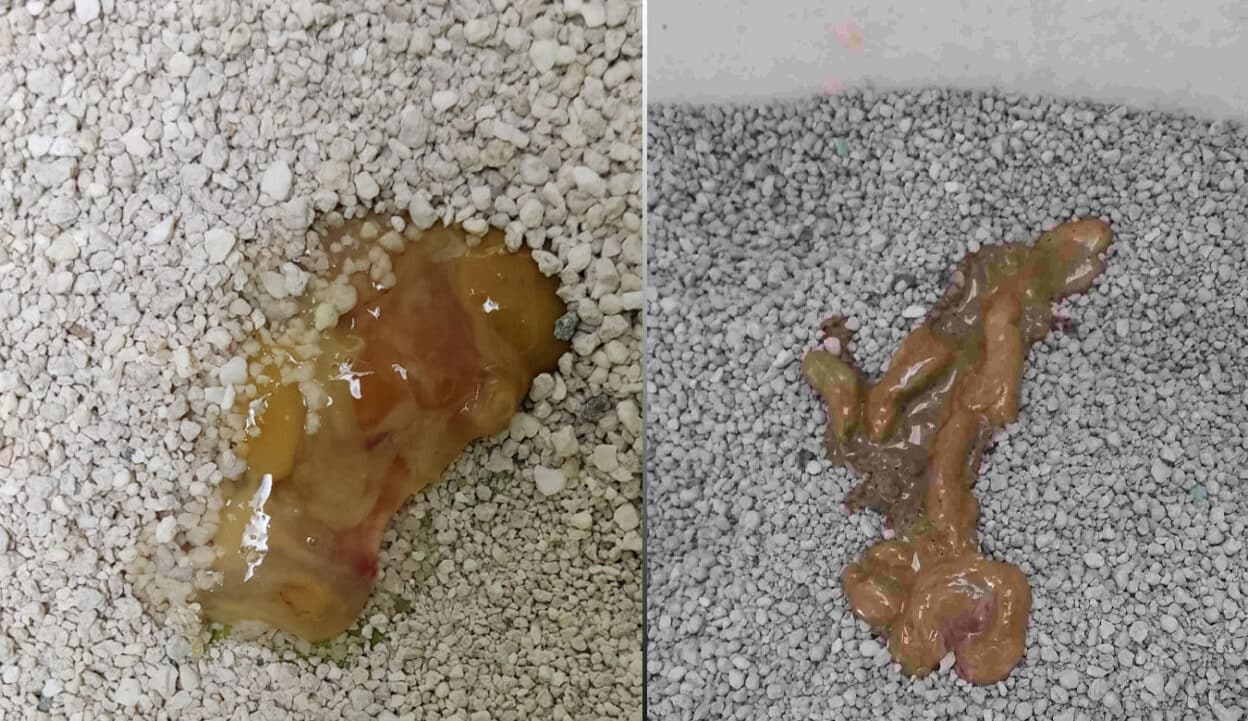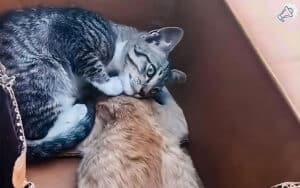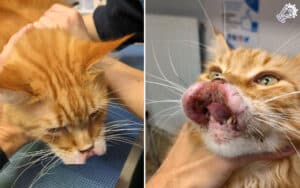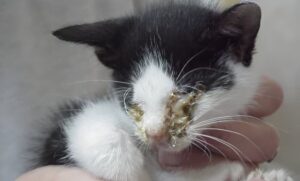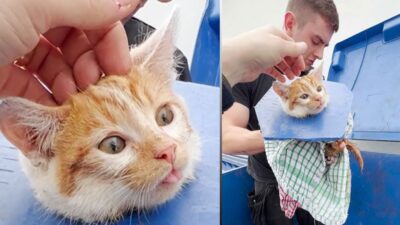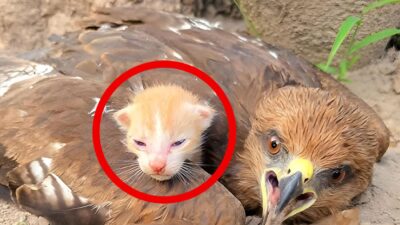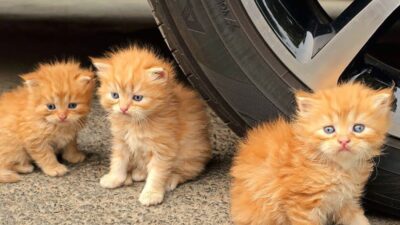As cat lovers, we all know the importance of monitoring our furry friends’ health. One key indicator of a cat’s well-being is their poop. Yes, your cat’s poop can reveal a lot about their health, and noticing changes can help you address potential problems before they become serious.
Let’s explore what to watch for in your cat’s poop and why it matters.
Why Cat’s Poop Is a Window into Their Health
Your cat’s poop is more than just waste; it’s a reflection of their overall health. Changes in consistency, color, or frequency can signal underlying issues. Paying attention to these details can be lifesaving for your feline friend.
A healthy cat’s poop should be brown, firm, and well-formed. But if it’s suddenly liquid, overly soft, or an unusual color, it’s time to take action.
Signs That Your Cat’s Poop Is a Warning Signal
Noticing abnormal changes in your cat’s poop is crucial. Here are the key warning signs to watch for:
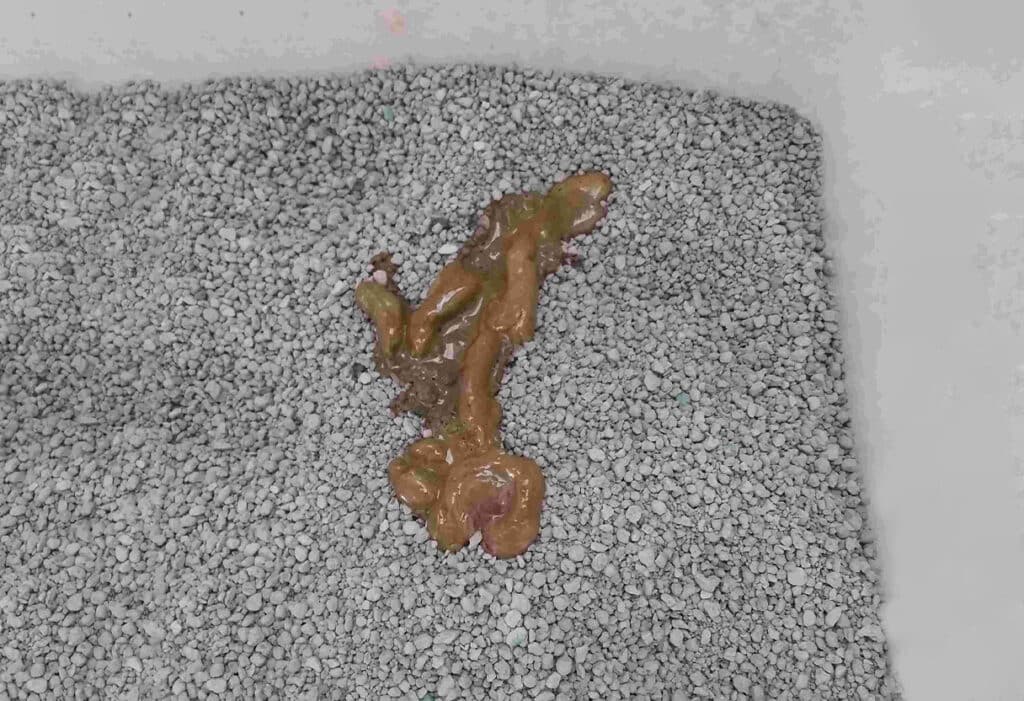
1. Liquid Consistency
If your cat’s poop becomes watery or liquid, it’s a sign of diarrhea. This could be caused by:
- Dietary changes
- Intestinal infections
- Parasites
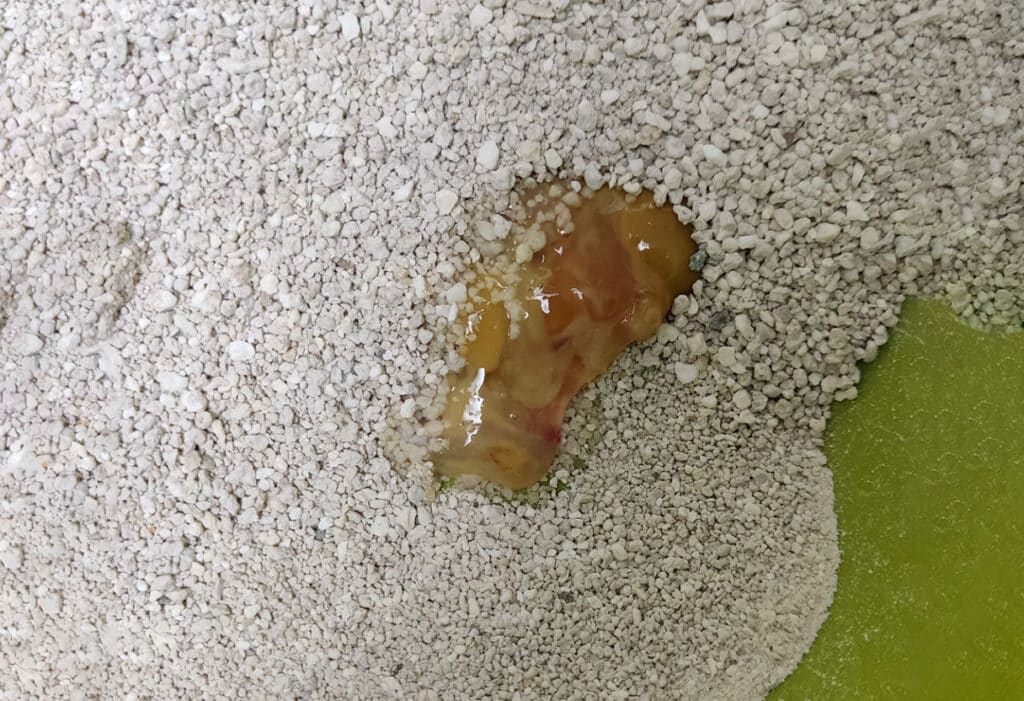
2. Unusual Colors
The color of your cat’s poop matters. Here’s what certain shades might mean:
- Black or Tarry: Possible internal bleeding.
- Yellow: Issues with the liver or pancreas.
- Green: Bile imbalance or eating something toxic.
3. Mucus or Blood
Mucus or blood in your cat’s poop can indicate inflammation or injury in the digestive tract. This needs immediate attention.
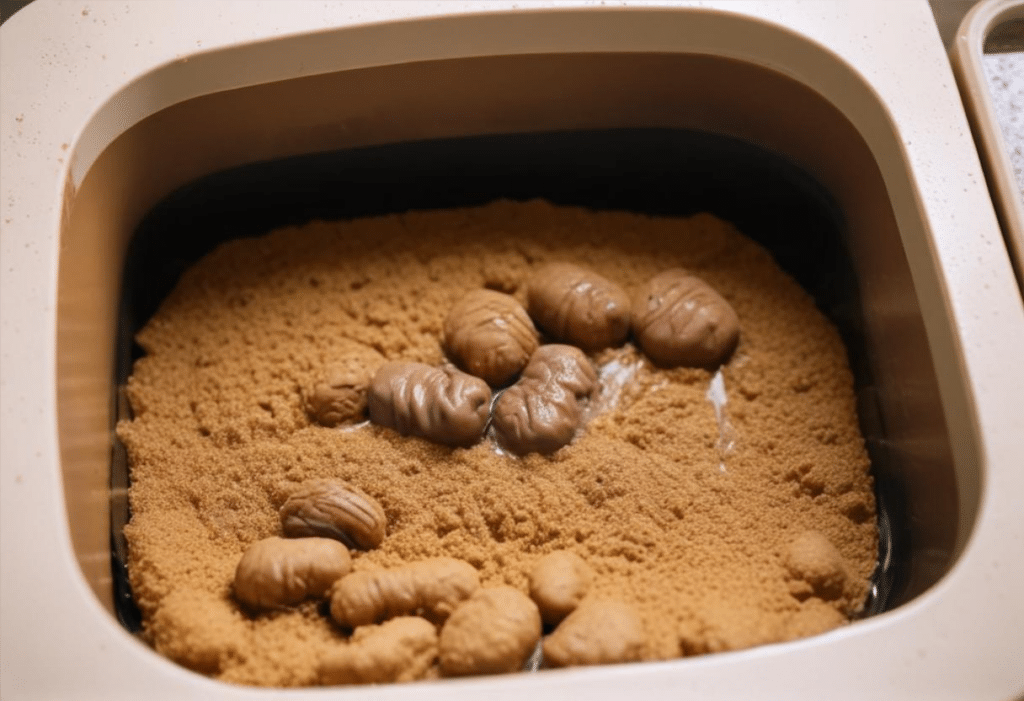
4. Frequent Accidents
If your cat starts pooping outside their litter box, it could signal discomfort or an underlying illness.
What Causes These Changes in Cat’s Poop?
Several factors can affect your cat’s digestive health. Understanding the potential causes can help you take the right steps.
Dietary Issues
A sudden switch in food or eating something inappropriate can upset your cat’s stomach. Always transition their diet gradually to avoid digestive problems.
Infections and Parasites
Bacterial infections or intestinal parasites like worms can cause significant changes in your cat’s poop. Regular deworming and vet checkups are essential.
Chronic Conditions
Conditions like inflammatory bowel disease (IBD) or food allergies can lead to recurring digestive issues.
When to See a Vet
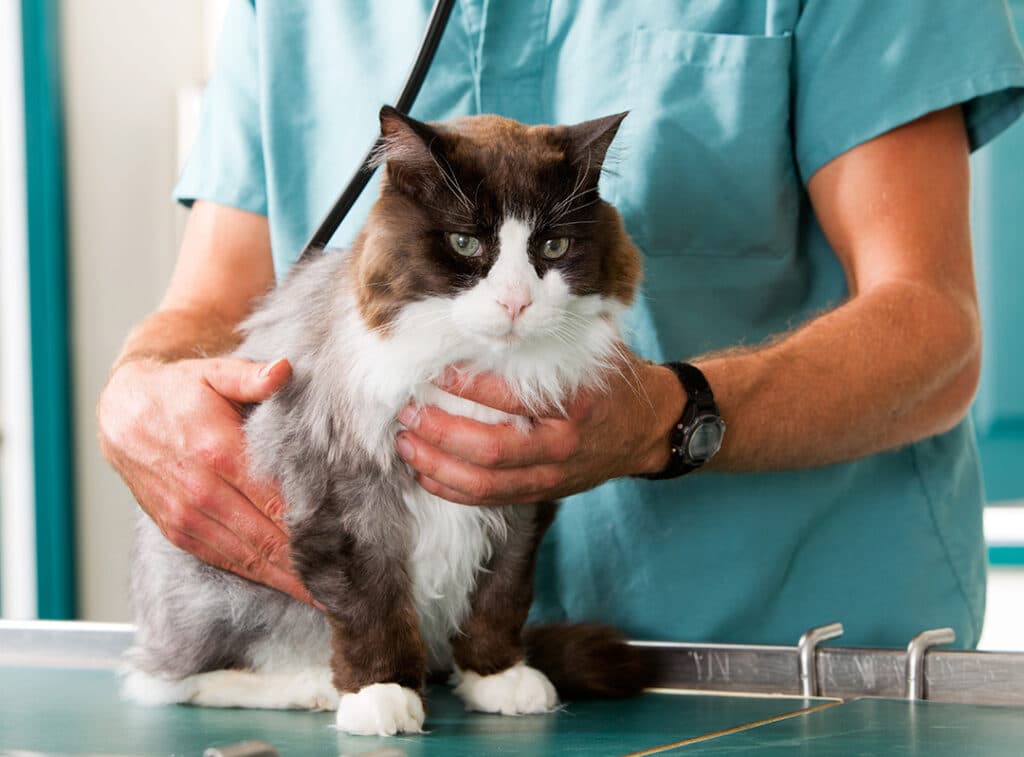
If your cat’s poop shows any of these warning signs, don’t wait to consult a vet. Early intervention can prevent more severe problems. Here’s when you should act:
- Persistent diarrhea lasting more than a day
- Blood, mucus, or strange colors in their poop
- Changes in appetite or behavior alongside abnormal poop
Your vet may recommend diagnostic tests to determine the root cause and provide the appropriate treatment.
Tips for Keeping Your Cat’s Digestive Health in Check
Maintaining your cat’s digestive health can help prevent problems with their poop. Here are some tips:
- Feed a Balanced Diet: Provide high-quality cat food that meets their nutritional needs.
- Hydration Matters: Ensure your cat has access to fresh water at all times.
- Regular Vet Visits: Routine checkups can catch potential issues early.
- Monitor Their Litter Box: Regularly check your cat’s poop for changes in appearance or consistency.
- Prevent Stress: Cats are sensitive to stress, which can affect their digestion. Keep their environment calm and stable.
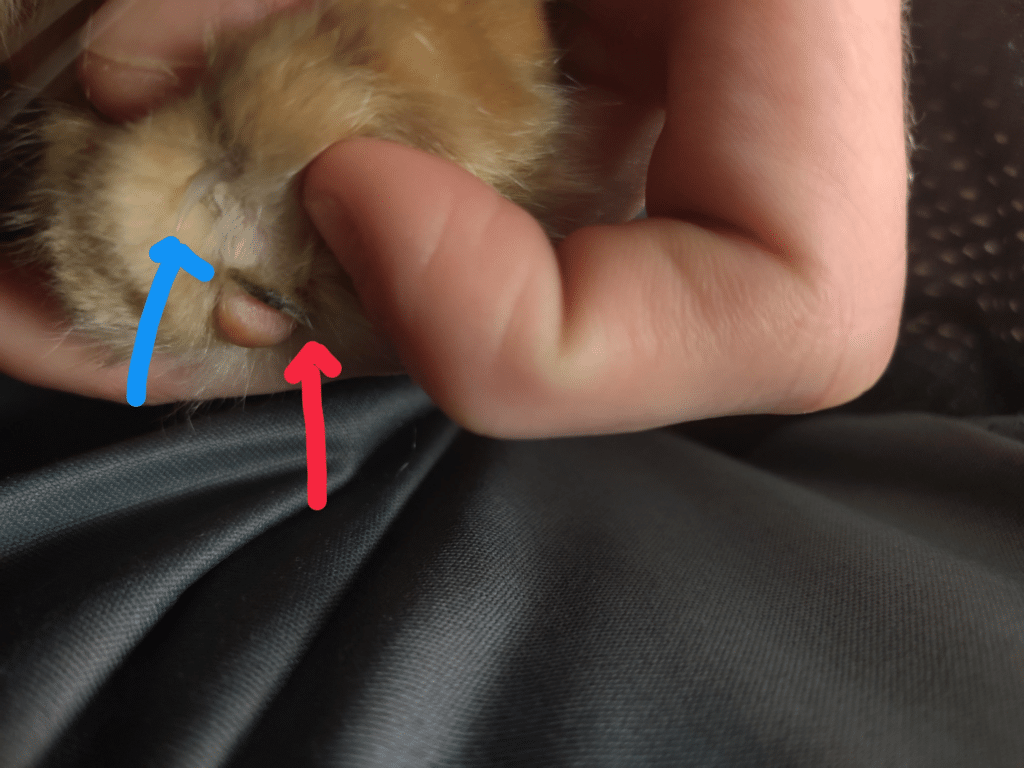
Conclusion: Don’t Ignore Changes in Cat’s Poop
Your cat’s poop is one of the best indicators of their health. By staying vigilant and recognizing warning signs, you can ensure your cat stays happy and healthy. If you notice anything unusual, act quickly and consult your vet. Have you ever noticed changes in your cat’s poop? Share your experiences in the comments below and help other cat lovers learn from your story!


